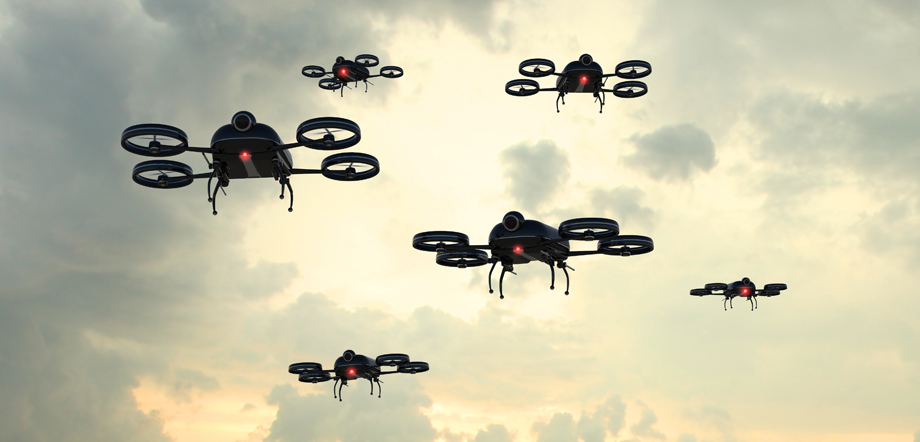Client Alerts
DOT Selects 10 Drone Operations Test Sites for Pilot Program
May 2018

Client Alerts
DOT Selects 10 Drone Operations Test Sites for Pilot Program
May 2018
On May 9, the U.S. Department of Transportation announced that it has selected 10 sites to participate in expanded Unmanned Aerial Vehicles (UAV) operations. The sites were chosen from 149 proposals made in response to the Federal Aviation Administration’s three-year Unmanned Aircraft Systems (UAS) Integration Pilot Program, launched in October 2017. The pilot program is an important step for the FAA to more fully integrate UAV into United States air space.
U.S. Secretary of Transportation Elaine L. Chao said, “Data gathered from these pilot projects will form the basis of a new regulatory framework to safely integrate drones into our national airspace.” The FAA is trying to keep pace with countries such as Japan, China, Rwanda, and France – all of which have had significantly fewer restrictions on testing – while maintaining safe air space.
The test sites are spread across the country, from Alaska to Florida, California to Virginia, and the proposals appear to emphasize socially useful operations currently prohibited by existing FAA regulations, such as delivery of medical equipment, flights over people, flights beyond the operator’s visual line of sight, and flights at night. Winning proposals tended to emphasize teamwork – three state transportation agencies, two U.S. cities, and two universities will work with private companies such as FedEx and CNN.
In a press release, the DOT said, “fields that could see immediate opportunities from the program include commerce, photography, emergency management, public safety, precision agriculture and infrastructure inspections.”
One of the FAA’s goals for the pilot program is to explore how best to integrate FAA oversight with oversight by state and local governments. The FAA is challenged to create a regulatory framework that safely integrates UAS into the national airspace while accommodating public safety and security risks from UAVs.
According to the DOT’s announcement: “The data collected from these operations will help the USDOT and the FAA craft new enabling rules that allow more complex low-altitude operations, identify ways to balance local and national interests related to UAS integration, improve communications with local, state and tribal jurisdictions, address security and privacy risks, and accelerate the approval of operations that currently require special authorizations.”
To get the flavor of some of the accepted proposals, San Diego’s proposal focuses on border protection and package delivery of food, international commerce, so-called smart city or autonomous vehicle interoperability, and surveillance. The Kansas Department of Transportation plans to deploy drones to support beyond-visual-line-of-sight operations in rural communities and to facilitate precision agriculture operations. The Memphis-Shelby County Airport Authority proposed to test autonomous UAS operations for perimeter security surveillance and package delivery, as well as aircraft inspection. In addition to these 10 approved proposals, we anticipate that the FAA will work with other applicants to refine their proposals so that the FAA can gather as much information as quickly and safely as possible about UAV operations.
ADDITIONAL INFORMATION
For more information, please contact:
This Client Alert has been prepared by Tucker Ellis LLP for the use of our clients. Although prepared by professionals, it should not be used as a substitute for legal counseling in specific situations. Readers should not act upon the information contained herein without professional guidance.
